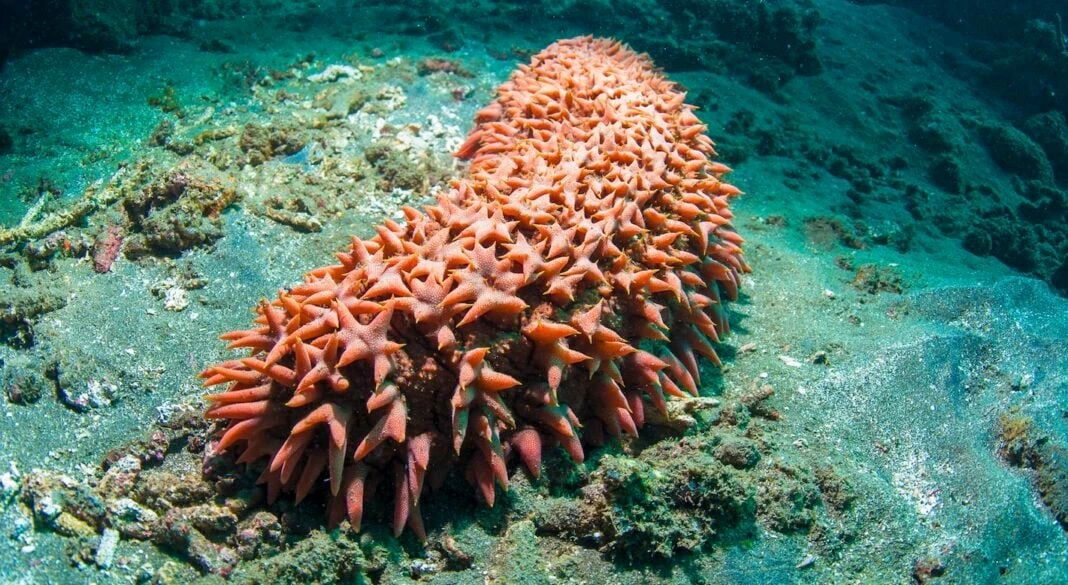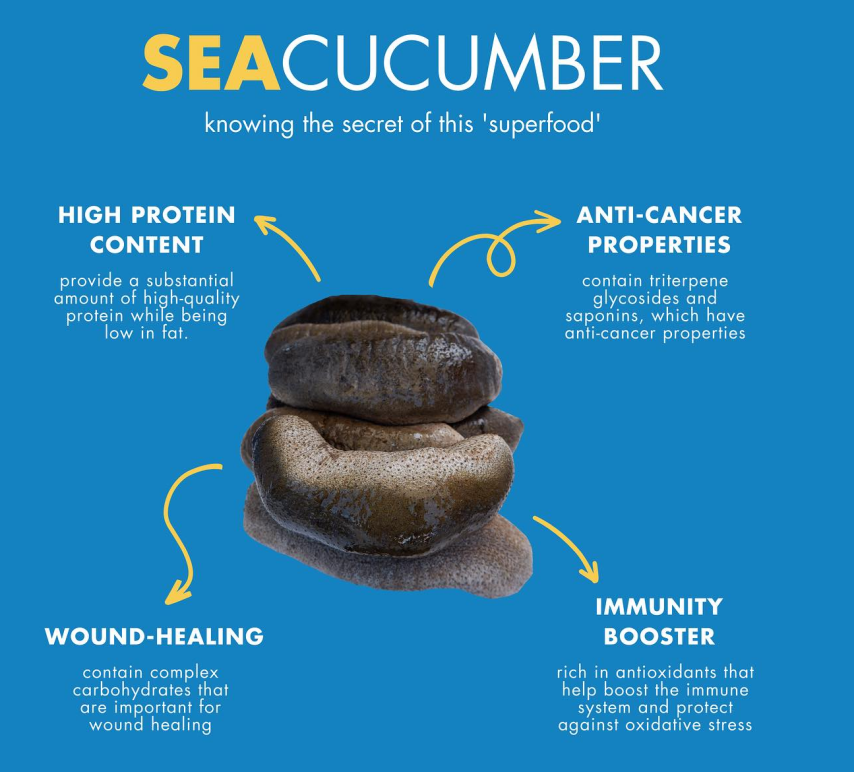Free Courses Sale ends Soon, Get It Now


Free Courses Sale ends Soon, Get It Now



Copyright infringement not intended
Picture Courtesy: https://www.deeperblue.com/sea-cucumbers-found-to-play-a-crucial-role-in-reef-health/
Context: The latest study highlights the essential role of sea cucumbers in maintaining the health and resilience of coral reefs.
Details
About Sea Cucumbers

Trash Collectors of the Reef
Impact on Reef Health
Human-Induced Threats
Recommendations for Conservation
Conclusion
|
PRACTICE QUESTION Q. The ecological role of sea cucumbers in the marine environment is most similar to which of the following? A) Photosynthesizing plankton B) Carnivorous fish C) Decomposers D) Coral polyps Answer: C |
© 2024 iasgyan. All right reserved